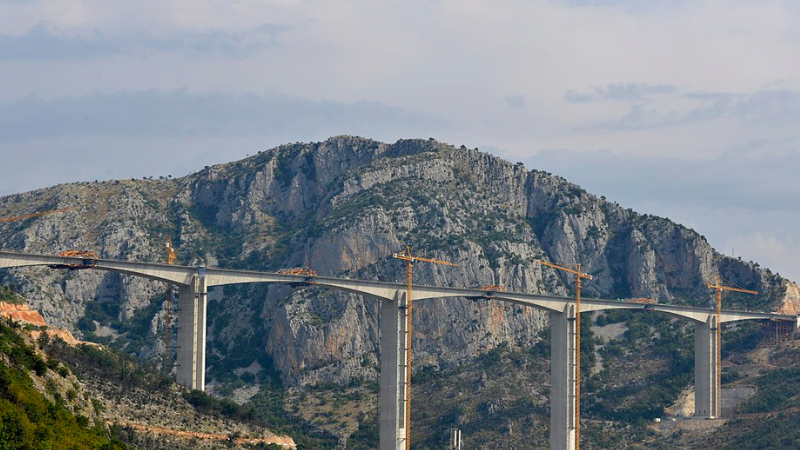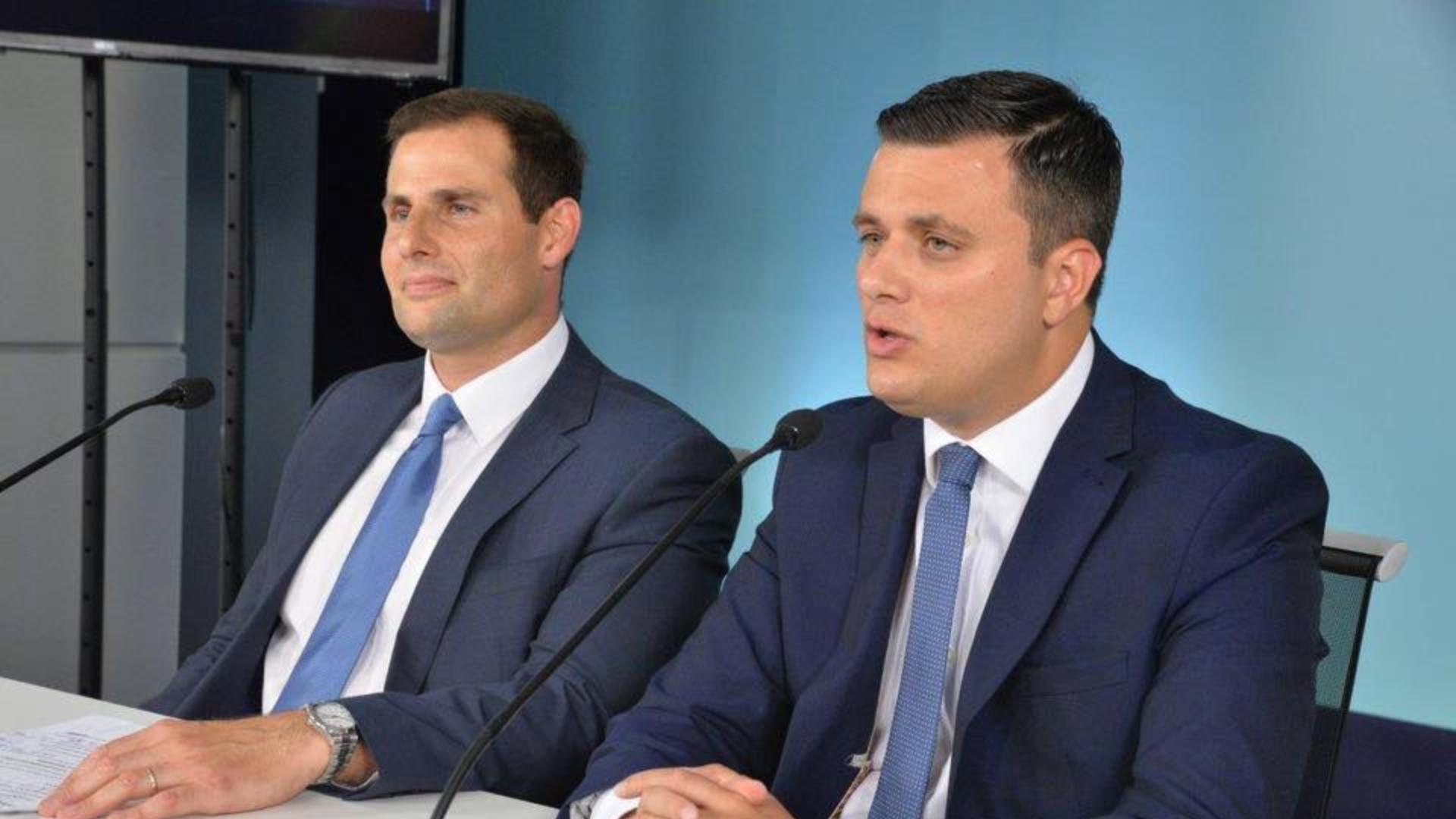Following a string of scandals in Montenegro, linked to Chinese state-owned companies and the Maltese government, the small Western Balkan State could soon find its land seized by a bank run by the Chinese communist government, with no hope of help from outside.
The European Union has refused to help the candidate country pay back a $1 billion loan taken from ExIm Bank in China, for an unfinished highway project.
EU spokesperson Peter Stano said that the EU is already the largest provider of financial assistance and the biggest trade partner, but is not responsible for loans the country has taken. “We continue to stand by them, but we are not repaying the loans they are taking from third parties,” Euractiv reported.
The loan was taken in 2014 and the plan was that the bank would 85% finance the construction of the new road. The first repayment on the loan is due in July and defaulting on it gives the bank the right to seize part of Montenegro’s land as collateral.
The 165km highway stretches through some impossible terrain and remains unfinished as the funding from the loan has run out, and Montenegro’s pockets are empty.
The situation led to the government being forced to take a number of fiscal measures to increase government revenue. This included applying a 21% tax rate on non-tourism activities in 2018, partially freezing public sector wages, and halting State benefits to mothers.
The loan exacerbated Montenegro’s debt issue, increasing the rate of debt to 65.9% of GDP. The change in government following the 30-year reign of the Democratic Party of Socialists in 2020 has left new leaders in an impossible situation.
The bank has financed a number of projects as a part of the ‘One Belt, One Road’ initiative – Malta was one of the first countries in the EU to sign up for this in 2018 .
Typically, it issues loans with a very low or zero interest rate to a developing country, usually for infrastructure projects. This approach has been called “debt-trap diplomacy’ by critics. Other countries including Pakistan, Sri Lanka, and Djibouti have also accepted significant loan offers under the initiative and are now facing difficulties in meeting their repayment obligations.
In these cases, the consequences are the same – territory and control being handed over to the bank.
When the Maltese government had announced the country’s participation, the deal was described as “an initiative to bring together different agreements. It signals to Chinese companies that for the Chinese government, Malta is a good country to invest in with respect to European Union regulations”.
The deal only became public after it was signed and has since been removed from the department of information website.
In Montenegro, this is just the latest in a line of suspicious, corrupt deals which ultimately cost the taxpayers dearly.
Montenegro signed up with Henley and Partners to offer its passport for sale, flying on the coattails of possible future EU accession. It signed an agreement with Shanghai Overseas Chinese Exit-Entry Services (the same as Malta) to offer them exclusivity to act as an intermediary to Chinese clients looking for new citizenship.
They also teamed up with Vitals Global Healthcare with the plan to replicate the scam which saw Maltese taxpayers lose hundreds of millions of euros through a concession granting three public hospitals to a private company with no healthcare experience. For now, the plans seem to have stalled due to the change in government, but there’s little doubt that if it goes ahead, it would be disastrous for the country’s already fragile health system.
Enemalta, the Maltese part-Chinese-owned energy company invested in the Mozura windfarm project in Montenegro. Enemalta bought shares in Mozura for €10.3 million from a Seychelles company in 2015. Just two weeks prior, that company had bought them for €2.9 million from a Spanish consortium that had the concession to run the wind farm.
The new government announced they would investigate the deal for suspected corruption and diversion of funds, a call echoed by the European Commission.













Voting for corruption is like making the local drug-dealer the head teacher of your child’s school.